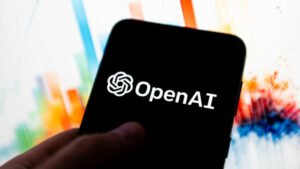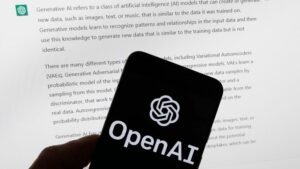The creator of ChatGPT revealed on Thursday its next step toward generative AI with a program that can create short films instantaneously in response to textual orders.
Based in San Francisco Sora, the latest text-to-video generator from OpenAI, is not the first of its type. Several other businesses that have exhibited similar technology include Google, Meta, and the startup Runway ML.
However, the astounding quality of movies that OpenAI showcased startled onlookers and raised concerns about the ethical and cultural ramifications. Some of these videos were produced after CEO Sam Altman requested suggestions for written prompts from social media users.
Text-to-video model

According to a blog post published by OpenAI on Thursday, the text-to-video model, known as Sora, can create “compelling characters that express vibrant emotions” and has “a deep understanding of language.”
The Microsoft-backed business said that “Sora is able to generate complex scenes with multiple characters, specific types of motion, and accurate details of the subject and background.”
OpenAI has only provided a limited amount of information regarding the tool’s construction, and it is not yet publicly accessible. The company hasn’t revealed which images and videos were used to teach Sora, and it has been sued by several authors and The New York Times for using copyrighted writings to train ChatGPT. (To license The Associated Press’s text news archive, OpenAI pays an undisclosed sum).
Before making the new tool available to the general public, OpenAI stated in a blog post that it is consulting with legislators, artists, and other stakeholders.

The business stated, “We are working with red teamers—domain experts in areas like misinformation, hateful content, and bias—who will be testing the model in an adversarial manner.”











